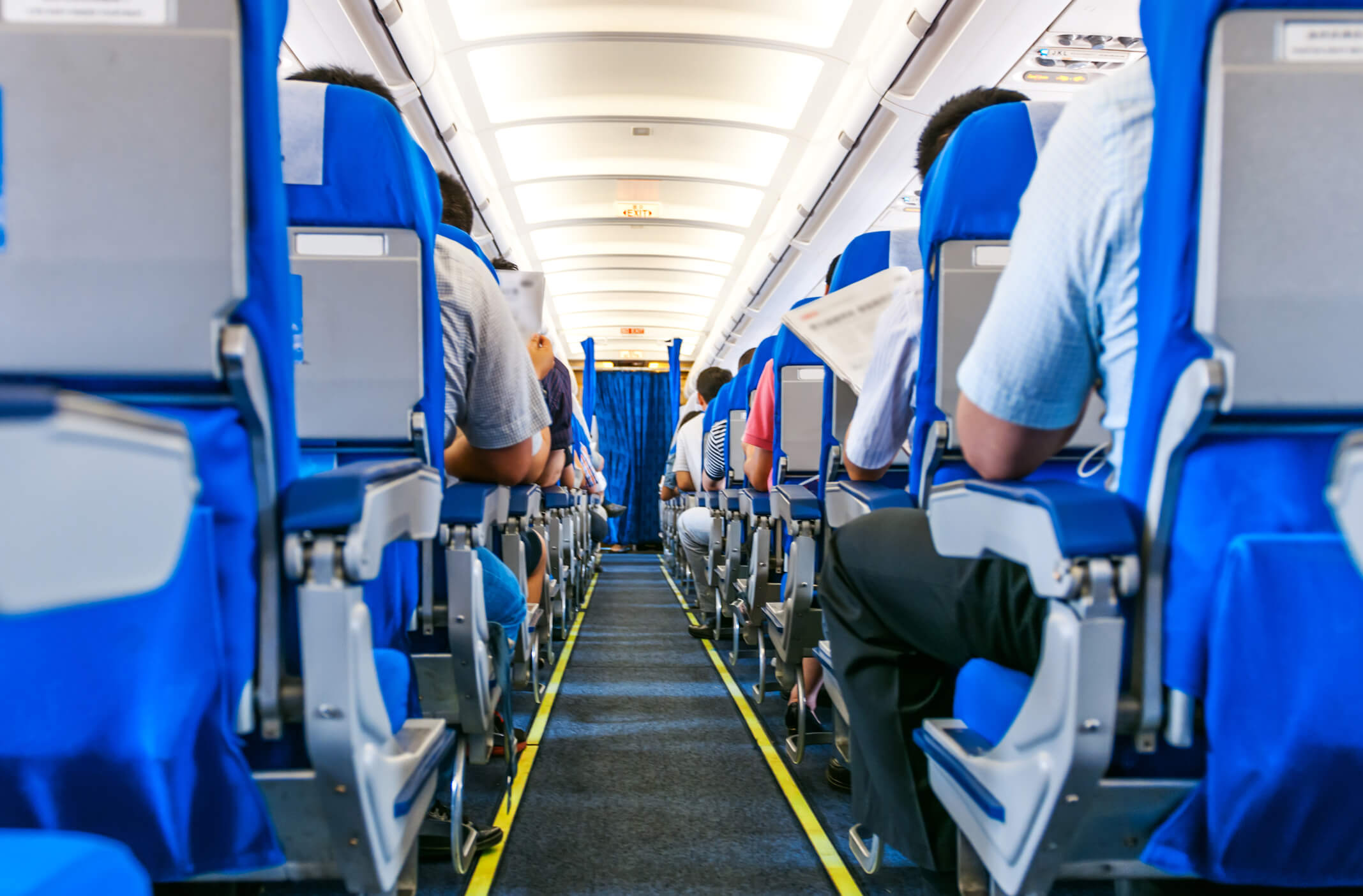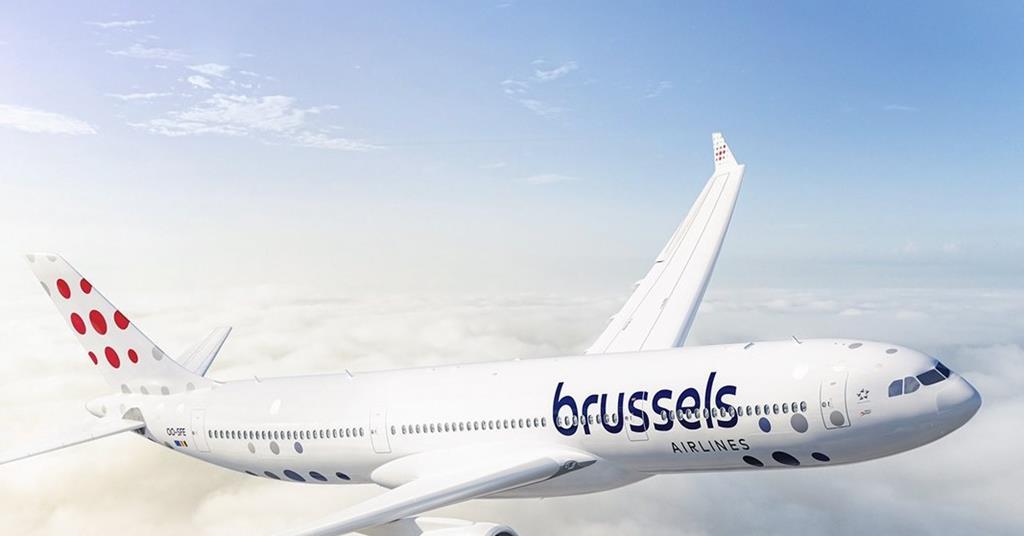The International Air Transport Association (IATA) announced that the post-COVID recovery momentum has continued in July for air travel passenger markets.
Total traffic in July 2023 (measured in revenue passenger kilometers or RPKs) rose 26.2% compared to July 2022. Globally, traffic is now at 95.6% of pre-COVID levels.
July 2023 Air Travel
The statistics for July 2023 show that recovery of traffic continues with strong momentum. When measured in revenue passenger kilometers (RPKs), total traffic saw a sound increase of 26.2% compared to the same month in the previous year, July 2022.
Globally, the traffic has now reached 95.6% of the pre-COVID levels, signaling a significant return to normalcy.
Domestic Travel on the Rise
July witnessed a remarkable rise in domestic traffic, soaring by 21.5% when compared to July 2022. Even more encouraging is the fact that it exceeded July 2019 results by 8.3%, indicating that domestic travel has not only recovered but has surpassed pre-pandemic levels.
Notably, July RPKs reached their highest-ever recorded figures, primarily driven by a surge in demand within the Chinese domestic market.
International Travel Resurgence
International traffic recorded an impressive growth of 29.6% compared to the same month in the previous year. This positive trend was observed across all markets, with international RPKs reaching 88.7% of the levels seen in July 2019.
The passenger load factor (PLF) for the industry reached an all-time high of 85.7% for international travel.
Strong Outlook and Confidence
Willie Walsh, IATA’s Director General, expressed optimism about the ongoing recovery. He noted, “Planes were full during July as people continue to travel in ever greater numbers.”
“Importantly, forward ticket sales indicate that traveler confidence remains high. And there is every reason to be optimistic about the continuing recovery.”
Regional Highlights
Asia-Pacific Airlines: Leading the Recovery
Asia-Pacific airlines continued to lead the global recovery, with a staggering 105.8% increase in traffic in July 2023 compared to the same month in 2022.
Capacity also saw substantial growth, rising by 96.2%, while the load factor increased by 3.9 percentage points to reach 84.5%.
European Carriers: Steady Growth
European carriers witnessed a steady growth in July traffic, recording a 13.8% rise compared to July 2022. Capacity increased by 13.6%, and the load factor edged up by 0.1 percentage points to reach 87.0%.
Middle Eastern Airlines: Positive Trajectory
Middle Eastern airlines posted a significant traffic increase of 22.6% in July 2023 compared to the same month in the previous year. Capacity rose by 22.1%, and the load factor climbed by 0.3 percentage points to 82.6%.
North American Carriers: Consistent High Demand
North American carriers experienced a 17.7% rise in traffic in July 2023 compared to the same period in 2022.
Capacity increased by 17.2%, and the load factor improved by 0.3 percentage points to reach an impressive 90.3%, the highest among all regions for the second consecutive month.
Latin American Airlines: Strong Recovery
Latin American airlines showed robust recovery, with traffic rising by 25.3% compared to July 2022. July capacity climbed by 21.2%, and the load factor rose by 2.9 percentage points to reach 89.1%.
African Airlines: Mixed Performance
African airlines experienced a traffic increase of 25.6% in July 2023 compared to the same month a year ago, making it the second-highest percentage gain among all regions.
However, the load factor fell by 1.0 percentage point to 73.9%, the lowest among all regions. For a second consecutive month, Africa was the only region where capacity growth outpaced traffic demand.
Challenges in Infrastructure and Government Decisions
While the aviation industry and air travel is witnessing a robust recovery, some critical challenges remain. Willie Walsh pointed out, “The Northern Hemisphere summer is living up to expectations for very strong traffic demand.”
“While the industry was largely prepared to accommodate a return to pre-pandemic levels of operations, unfortunately, the same cannot be said for our infrastructure providers.”
Performance issues with key air navigation services providers, including insufficient staffing and failures like NATS in the UK, have raised concerns that need prompt correction.
Additionally, some governments, such as Mexico and the Netherlands, have made decisions to impose capacity cuts at their major hubs, potentially leading to job losses and damage to local and national economies.
Source: Aviation source news.










